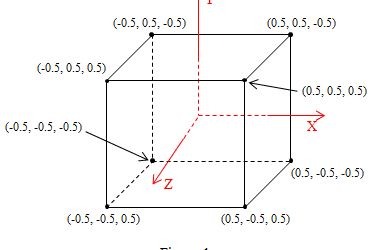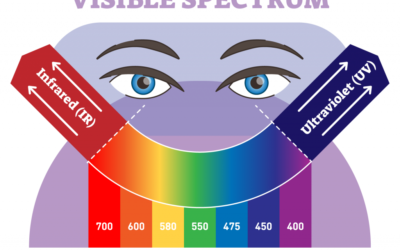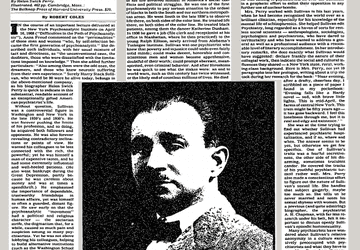
How can I get over on Past Anger?
Anger is a powerful and often misunderstood emotion. Many of us have been taught to view anger as a purely negative force – something to be suppressed, avoided, or released in cathartic outbursts. But what if anger could be more than just a destructive impulse? What if it could serve as a signpost, pointing us towards important truths about ourselves and our relationships to the world around us?
At its core, anger is a signal that there is a mismatch between our inner experience and our outer reality. It arises when we perceive a threat to our well-being, our values, or our sense of how things should be. This threat might be physical, emotional, or existential – from a boundary violation to a shattered worldview.
In this sense, anger is not so different from any other emotion – it is a form of information, a message from our psyche about what we need to survive and thrive. The key is learning to decode that message skillfully, rather than being overwhelmed or controlled by it.
How can I recognize anger?
One common trigger for anger is the perception that someone is acting fraudulently or inauthentically. We might feel rage when we see a politician or public figure espousing values they don’t uphold in their personal lives, or when we encounter someone whose self-presentation feels manipulative or insincere.
In these moments, our anger can serve as an invitation to examine our own beliefs and expectations. Before judging others for not meeting our standards, we can ask ourselves: are those standards realistic? Are they truly aligned with our values, or are they based on unexamined assumptions or social conditioning?
For example, if we find ourselves angry at a coworker for self-promoting in a way that feels distasteful to us, we might consider whether our aversion to self-promotion is serving us in our own career. Could there be ways to effectively advocate for ourselves that align with our integrity? Or are we projecting our own insecurities onto others as a form of self-sabotage?
Asking these bigger questions invites us into a process of self-reflection and growth. Rather than simply stewing in righteous indignation, we can use our anger as a springboard for deepening our self-awareness and making meaningful changes in how we move through the world. Our anger becomes a signpost, pointing in the direction of greater wholeness.
Of course, not all anger is so straightforward. Sometimes the true source of our rage is buried beneath layers of history, trauma, or unmet needs. We might find ourselves lashing out at relatively benign triggers, or feeling a level of anger that seems disproportionate to the situation at hand.
In these cases, our task is to cultivate compassionate curiosity about the roots of our reaction. We can ask: what is this anger really about? What old wounds or unresolved griefs might be crying out for attention? What parts of ourselves feel unseen or unprotected in this moment?
How can I stop being angry?
Approaching our anger with kind investigation, rather than judgment or avoidance, can help us to uncover and process the deeper material it springs from. We might discover that a fleeting frustration with a loved one is actually tapping into a longstanding pattern of feeling disregarded or controlled in relationships. Or we might realize that our flashes of hostility in traffic are a symptom of a profound existential fear or alienation.
By following the threads of our anger inward with patience and care, we can begin to disentangle these knots and access the vulnerable truths at their core. We can learn to meet our pain with tenderness and attentiveness, rather than lashing out or numbing ourselves to it. Anger becomes an entryway into self-understanding and emotional healing.
Another step in transforming our relationship to anger is learning to recognize when it is displaced or misguided. Not all threats are created equal, and not all provocations warrant the same level of aggressive response. Part of maturing emotionally is discerning which battles are truly worth fighting, and which are better released or redirected.
For instance, we might feel a surge of outrage reading a hostile comment online, but beneath the heat of that feeling, is there really anything at stake? Will engaging in a combative exchange truly serve our values or contribute to the world in a meaningful way? Or would our energy be better channeled into actions that nourish and uplift us – spending time in nature, creating art, or connecting with loved ones?
What is anger for?
This is not to say that anger is never warranted or necessary. There is a place for righteous rage in the face of injustice, for fierce advocacy and bold truth-telling. But even in these instances, we must be skillful in our deployment of anger, using it as a catalyst for strategic action rather than a consuming fire.
Ultimately, working with our anger is a lifelong practice of discernment, self-inquiry, and conscious choice. It requires us to develop a nuanced understanding of our own triggers and patterns, and to cultivate the wisdom to know when to listen to our anger and when to let it pass through us like a storm cloud.
It also invites us to expand our emotional repertoire, so that anger is not our only response to difficulty or injustice. As we learn to befriend and integrate all of our feelings – grief, fear, joy, longing – we gain access to a fuller range of human experience and expression. We become more resilient, flexible, and free.
In the end, anger is neither good nor bad – it is simply a messenger, a sacred fire that can illuminate our deepest truths and spur us to transformative action. By learning to honor and channel our anger skillfully, we open ourselves to its hidden blessings – the wisdom, clarity, and conviction to craft lives of authenticity, integrity, and purpose. May we all find the courage to turn towards our anger with curiosity and care, and to follow where it leads us with open hearts and hands.


























0 Comments